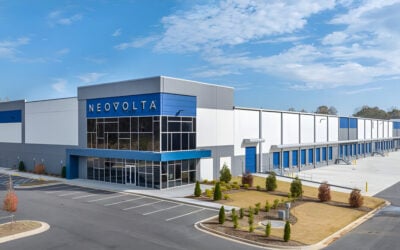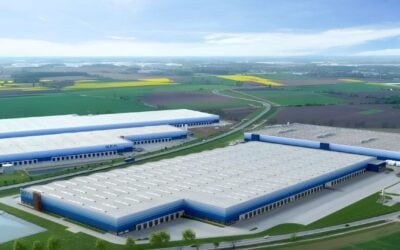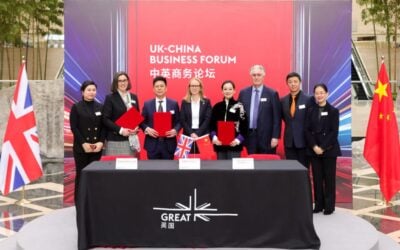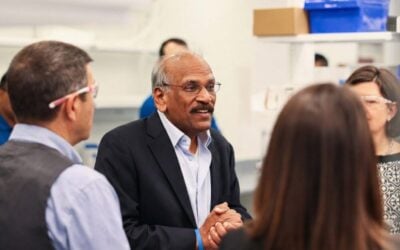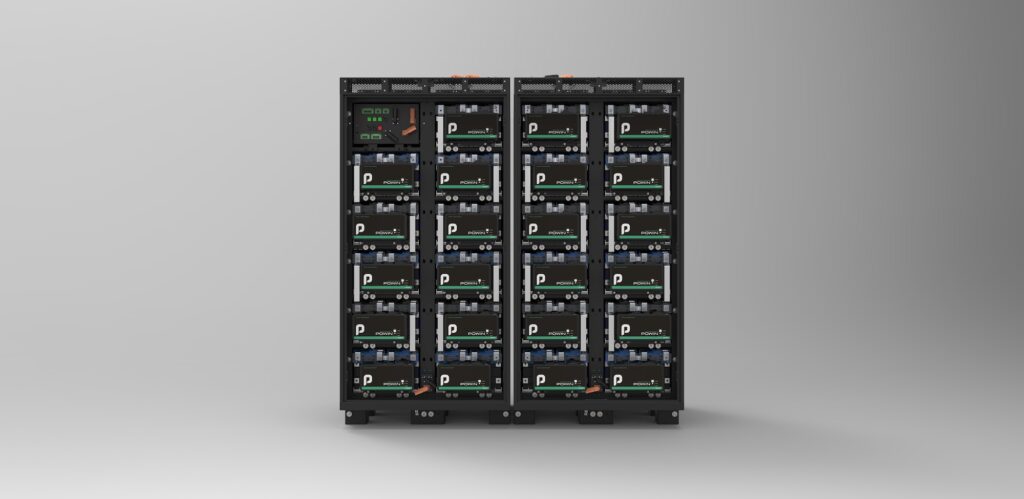
Powin Energy will purchase lithium iron phosphate (LFP) cells from Chinese company EVE Energy and at the same time is “actively in discussions” to try and source cells from US-based facilities for the future.
Oregon-headquartered battery energy storage system (BESS) solutions manufacturer Powin has signed up Shenzhen Stock Exchange-listed vendor EVE to become a strategic cell supply partner for its stationary energy storage projects. Following the signing of a two-year “gigawatt-hour scale” contract, EVE cells will be used in close to 500MWh of BESS for delivery during this year, Powin said.
This will ensure that battery cell supply into Powin BESS projects will be uninterrupted, and the new vendor’s cells will be compatible with the Stack range of products that was launched last year, beginning with the Powin Stack360, a BESS rack that is designed for applications requiring three hours or more storage duration. A high voltage version, Stack360E, was launched earlier this year.
Powin executive vice president Danny Lu told Energy-Storage.news that projects that will be equipped are all based in the US “with well-known Tier 1 customers”. The BESS company has a multi-year supply agreement that was recently expanded with CATL, another Chinese manufacturer. CATL remains Powin’s primary cell supplier for the majority of its demand, Lu said that his company has “every intention” of renewing the contract with EVE when the initial two years run down.
Try Premium for just $1
- Full premium access for the first month at only $1
- Converts to an annual rate after 30 days unless cancelled
- Cancel anytime during the trial period
Premium Benefits
- Expert industry analysis and interviews
- Digital access to PV Tech Power journal
- Exclusive event discounts
Or get the full Premium subscription right away
Or continue reading this article for free
The deal came after Powin conducted internal and third-party auditing of its new vendor’s manufacturing and quality control processes, which returned positive results. EVE was also able to provide a bankability and technology report from UL Advisors, which Lu said was thorough and had “extremely favourable conclusions”.
Regarding compatibility with the BESS solutions that Powin makes, EVE met the US company’s criteria of providing a battery cell with LFP chemistry that has the same prismatic form factor and the same dimensions that can be dropped into the Powin module and stack designs. It also comes with the same 20-year performance guarantee that Powin’s other vendors offer.
Fast-rising ESS market needs more vendors
Lu referred to some of the dynamics of the BESS supply chain today, where demand can outstrip supply, particularly with electric vehicle (EV) markets quickly soaking up available cells. In both EV and ESS markets “there will always be periodic supply constraints with the current market leaders,” he said.
“With a lack of approved cell suppliers to supply the US ESS market, it will be more difficult for ESS customers to negotiate better pricing and delivery terms unless there are more vendors in the approved pool to leverage the incumbent leaders,” Lu said, adding that there is more than 100GWh of near-term supply coming online from “up-and-coming vendors” in the market: “an abundance”.
Powin recently netted more than US$100 million in equity investment to advance its integrated hardware and software platform. Meanwhile, at a macro level the US is seeking to create domestic supply chains for lithium-ion batteries, including those used for BESS applications and for electric cars. Danny Lu said that Powin is keen to see a greater supply chain robustness materialise in the US, although at the moment, the main production centres globally are centred in China for everything from raw materials to processing and manufacturing.
“Almost all of the LFP batteries in the world are produced in China. A lack of mature upstream component suppliers makes competitively priced U.S. based production of LFP battery cells difficult to source,” he said.
“Powin is actively in discussions with cell vendors to convince them to move facilities to the US or to expand upon their current U.S. based facilities to provide LFP cells. The unknown factor is what percentage of premium customers are willing to pay, for US made products.”

